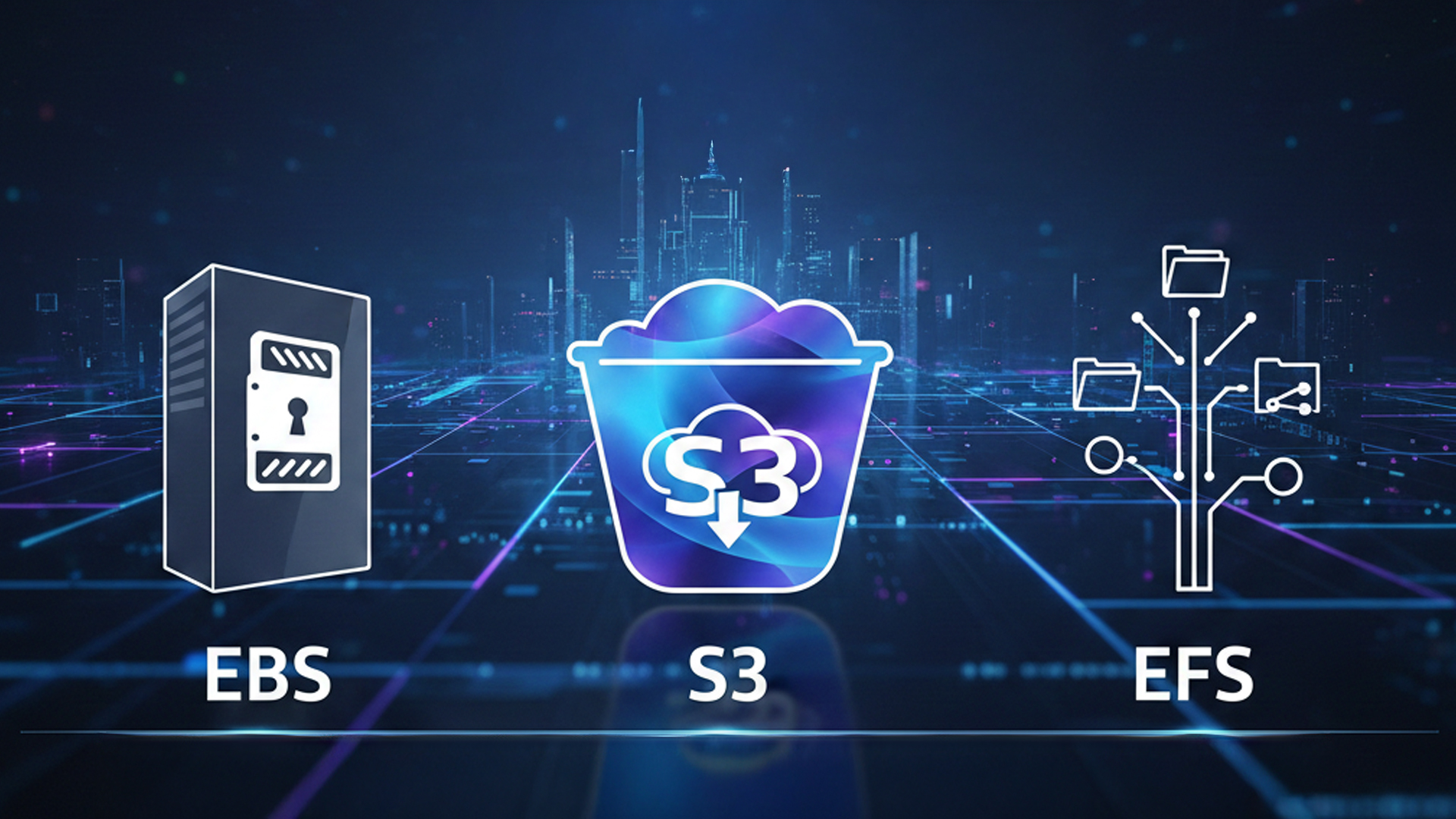Exploring the Cloud-based AI
Cloud-based AI, also known as AI Cloud, merges artificial intelligence with the power of cloud computing. Cloud platforms provide the computational power to train complex AI models, enabling businesses and developers to overcome traditional limitations. This allows businesses to harness AI tools and capabilities without breaking the bank on development or extra hardware.
Cloud computing provides on-demand access to computing resources, eliminating the need for physical infrastructure. By embedding Cloud with AI, businesses can now leverage capabilities like machine learning, natural language processing, and predictive analytics – all readily available in a user-friendly cloud environment.
As Cloud Computing continues to evolve, it acts as a facilitator, empowering AI and Machine Learning to unlock new frontiers of efficiency, accessibility, and real-world impact.
Benefits of Cloud Computing for AI/ML
- Scalability:Cloud platforms provide scalable resources, allowing organizations to quickly scale up or down based on the computational demands of AI/ML workloads. This is particularly important for handling large datasets and complex models.
- Resource Efficiency: Cloud services enable efficient resource utilization by allocating computing resources on demand. This eradicates the need for organizations to invest heavily in dedicated hardware, resulting in cost savings.
- Cost-effectiveness:Cloud computing follows a pay-as-you-go model, enabling organizations to pay only for the resources they consume. This is more cost-effective than investing in and maintaining on-premises infrastructure, especially for smaller organizations or those with variable workloads.
- Advanced Services:Cloud providers offer various AI/ML services and tools, such as pre-trained models, automated machine learning (AutoML), and managed services for model deployment and monitoring. These services simplify the development and deployment of AI/ML applications.
- Speed and Agility:Cloud platforms enable rapid deployment of AI/ML solutions, reducing time-to-market. This agility is crucial in dynamic environments where quick adaptation to changing business needs is necessary.
- Global Reach:Cloud providers have data centers present globally. This allows organizations to deploy AI/ML solutions closer to their users, reducing latency and improving performance.
- Security and Compliance: Reputable cloud providers invest heavily in security measures, including encryption, access controls, and compliance certifications. This empowers organizations to meet regulatory requirements and ensures the security of sensitive data.
- Data Management:Cloud platforms offer robust data storage and management solutions, making it easier to store, retrieve, and process large volumes of data required for training and deploying AI/ML models.
Real-world Applications of Cloud-powered AI/ML
Healthcare:
- Medical Imaging: Cloud-based AI helps analyze medical images like X-rays, MRIs, and CT scans to assist in diagnosis and treatment planning.
- Predictive Analytics: AI algorithms on the cloud can examine patient data to predict disease outbreaks, identify high-risk patients, and optimize resource allocation.
Finance:
- Fraud Detection: Cloud-based AI models monitor transaction patterns in real-time to detect and remove fraudulent activities.
- Credit Scoring: Machine learning algorithms on the cloud assess credit risk by analyzing historical data, improving accuracy in loan approval processes.
Retail:
- Personalized Recommendations: Cloud-powered AI analyses customer behaviour and preferences to provide customized product recommendations.
- Inventory Management: ML models on the cloud optimize inventory levels, reducing costs and minimizing stockouts.
Manufacturing:
- Predictive Maintenance: AI algorithms on the cloud analyze sensor data from machinery to predict when equipment maintenance is needed, minimizing downtime.
- Quality Control: Cloud-based AI systems can inspect and identify defects in manufacturing processes, ensuring product quality.
E-commerce:
- Chatbots and Virtual Assistants: Cloud-powered AI chatbots enhance customer support, giving instant responses to queries and facilitating a better user experience.
- Dynamic Pricing: ML algorithms on the cloud adjust pricing dynamically based on market conditions, demand, and other factors.
Education:
- Personalized Learning: Cloud-based AI platforms deliver customized learning experiences, adapting content and pace to individual student needs.
- Grading Automation: Cloud machine learning algorithms automate grading, freeing educators to focus on teaching.
Transportation:
- Traffic Management: Cloud-based AI analyses traffic patterns and optimizes traffic light timings to reduce congestion.
- Predictive Maintenance for Vehicles: AI on the cloud predicts when vehicles in a fleet may require maintenance, minimizing breakdowns.
Telecommunications:
- Network Optimization: Cloud-powered AI analyses network data to optimize performance, predict failures, and enhance network efficiency.
- Customer Service Automation: AI-powered virtual assistants on the cloud assist with customer inquiries and troubleshooting.
Agriculture:
- Crop Monitoring: Cloud-based AI analyses satellite imagery and sensor data to monitor crop health, identify diseases, and optimize irrigation.
- Precision Agriculture: Machine learning models on the cloud provide insights for precision farming, optimizing resource usage and crop yields.
Energy:
- Demand Forecasting: Cloud-powered AI predicts energy consumption patterns, aiding in efficient production and distribution.
- Grid Optimization: ML algorithms on the cloud optimize the power grid, improving reliability and reducing wastage.
Challenges and Considerations Associated with Cloud-based AI/ML Applications
Data Security and Privacy:
- Data Breaches: Storing critical data in the cloud may expose it to potential security threats and data breaches.
- Regulatory Compliance: Companies must comply with data protection regulations and storing data in the cloud may introduce complexities in meeting these requirements.
Latency and Bandwidth:
- Data Transfer Speed: For real-time, transferring data between on-premises systems and the cloud may be a concern.
- Bandwidth Li for real-time applications: Large datasets may face challenges in terms of bandwidth, affecting the speed of data transfer and model training.
Cost Management:
- Unexpected Costs: While cloud services operate on a pay-as-you-go model, unexpected costs can arise due to data transfer, storage, and usage patterns.
- Scalability Costs: Rapidly scaling up resources for intensive AI/ML workloads can increase expenses.
Data Integration:
- Data Silos: Integrating data from different sources and formats may result in data silos, hindering the efficiency of AI/ML models.
- Data Consistency: Ensuring consistent and high-quality data across cloud and on-premises environments is challenging.
Model Explainability:
- Interpretability: AI/ML models on the cloud may lack transparency, making it challenging to elaborate their decisions, especially in critical applications like healthcare or finance.
- Ethical Concerns: Lack of model explainability can raise ethical concerns about biased or unfair outcomes.
Training and Talent:
- Skills Gap: The demand for AI/ML expertise exceeds the available talent, leading to challenges in building and maintaining AI/ML applications in the cloud.
- Continuous Learning: AI/ML technologies evolve rapidly, requiring continuous training for professionals to stay updated.
Reliability and Downtime:
- Service Outages: Cloud service providers may experience outages, impacting the availability and reliability of AI/ML applications.
- Redundancy and Failover: Organizations need to implement robust redundancy and failover mechanisms to minimize downtime.
Conclusion
Artificial intelligence and machine learning (AIML) in the cloud are the new essentials for businesses seeking innovation and efficiency. Rapyder is your trusted partner to unlock the power of AIML. Our expertise guides you through this dynamic field, helping you leverage its potential.
Gain valuable insights, automate tasks, and stay ahead of the curve in today’s intelligent solution-driven landscape. Embrace the future with confidence. Rapyder combines cutting-edge AIML with cloud power for unparalleled business success.
Our Services
Cloud Migration Services | AWS Migration Services | Cloud Managed Services | AWS Managed Services | AI ML Services | Generative AI Services | App Modernization Services | AWS App Modernization Services | VDI Solutions | AWS Pinpoint | AWS Graviton | Database Modernization Services







